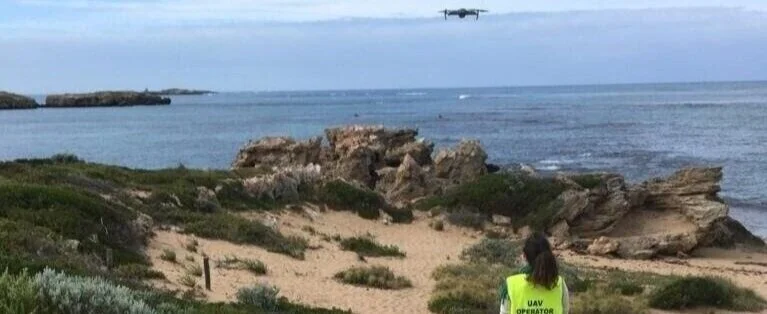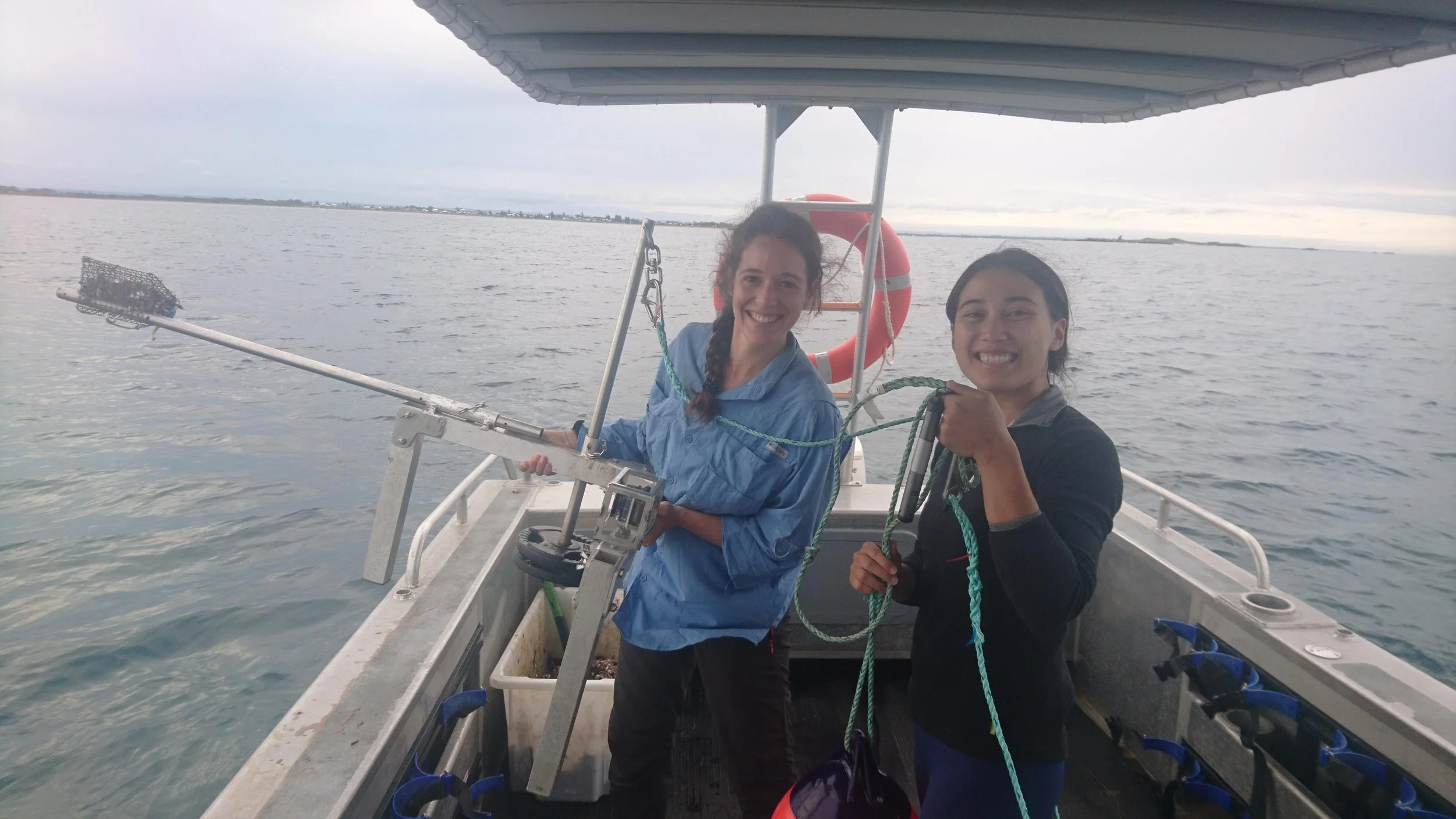Read the latest
– Lab news and field updates –
Spatial Variation in Pelagic Wildlife Assemblages in the Ascension Island Marine Protected Area
11 June 2021
The research published in Frontiers in Marine Science examined the effect of various geographical ocean features, including seamounts, islands and oceanographic fronts, on marine wildlife at Ascension Island, a remote and recently protected UK territory in the tropical Atlantic.
BRUVS data now available on FishBase.org
08 April 2021
We are pleased to announce that our imagery data from baited remote underwater video systems (BRUVS) are now available on FishBase! The world’s online encyclopedia on fish makes available to users the download of BRUVS data at www.fishbase.org. The data can be searched by species, family or country/island.
The UK launches world’s largest video-based monitoring programme of open ocean wildlife
03 April 2021
The world’s first network of underwater camera rigs is being rolled out across the British Overseas Territories. The 4-year programme – named the Global Ocean Wildlife Analysis Network – will provide information on the ocean wildlife found in the vast maritime areas of the Overseas Territories, in the Atlantic, Indian and Pacific Oceans.
The drone revolution of shark science
15 March 2021
Drones have enhanced our understanding of shark behaviour and are critically important tools, not only due to the importance and conservation of the animals in the ecosystem but to also help minimise dangerous encounters with humans. We address the different factors to consider when planning and performing shark research using drones
Shark aggregations underpin conservation but where are they and when do they occur?
09 March 2021
Over December 2020, January and March 2021, the team conducted daily trips to the Shoalwater Islands MP onboard the research vessel Ecklonia, were they deployed seabed BRUVS to document the diversity, abundance, size, biomass and behaviour of marine wildlife across all management zones of the marine park.
Healthy oceans need healthy shark populations. Listen to the interview with Professor Meeuwig about trophy shark fishing in Australia
02 March 2021
Interview with Prof Jessica Meeuwig about a 395kg tiger shark caught in New South Wales, Australia. Science-based evidence demonstrates that healthy oceans rely on healthy shark populations, thus shark fishing activities are undermining conservation outcomes.
Vessel noise pollution on marine wildlife, Cockburn Sound case study | Fieldwork
11 October 2020
Marine noise pollution is unseen but a growing concern due to its pervasive nature and impacts on wildlife. Cockburn Sound, WA, which is the most intensively used marine embayment within WA, will be used as a case study to understand the cumulative impacts of vessel noise pollution on marine wildlife.
Fishery biomass trends of exploited fish populations in marine ecoregions, climatic zones and ocean basins
30 September 2020
The first long-term global study of widely consumed fish and invertebrates reveals strong population decline based on assessment of over 1300 stocks. The declining trend is consistent with systematic widespread global overfishing.
A Baseline for the Blue Economy: Catch and Effort History in the Republic of Seychelles’ Domestic Fisheries
05 May 2020
Our paper derived Seychelles domestic catches from 1950 to 2017 in light of the novel blue bonds initiative. The estimated domestic catch was 1.5 times the amount reported by FAO and artisanal Catch Per Unit Effort declined over time.









